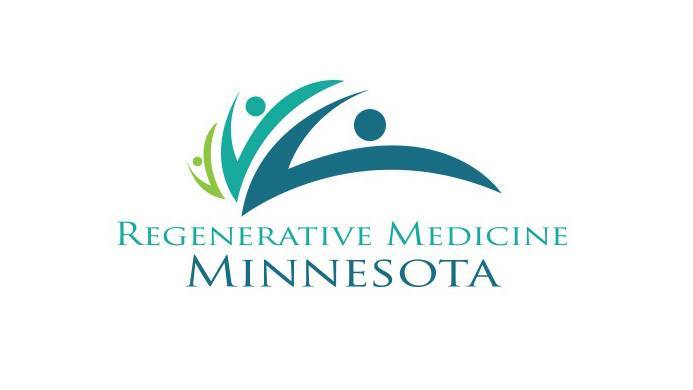-
Research
New awards aim to make Minnesota a leader in regenerative medicine

Regenerative Medicine Minnesota has awarded funding to three projects aimed at strengthening Minnesota's capabilities for developing and delivering therapies that replace, restore, rejuvenate or regenerate damaged cells, tissues or organs.
Co-led by the University of Minnesota and the Mayo Clinic, Regenerative Medicine Minnesota brings together the state's leading research institutions to accelerate breakthroughs and bring new therapies to patients across the state.
The funded projects were selected for their potential to overcome challenges that slow the development and delivery of new therapies. Each project aims to build sustainable, widely accessible resources to help move regenerative treatments from the lab to patients more quickly.
The projects are:
Derivation of Induced Pluripotent (Adult) Stem Cell Lines in Minnesota with Superior HLA Compatibility for Manufacturing Clinical Cell Therapy Products
James Dutton, Ph.D., University of Minnesota
This initiative tackles a key challenge in regenerative medicine: access to clinical-grade starting materials. The project will generate high-quality, regulatory-compliant induced pluripotent (adult) stem cell (iPSC) lines with less risk of the immune system rejecting the cells. These lines will be made available to researchers across Minnesota, enabling the development of versatile, cost-effective cell therapies that can benefit a broad range of patients. By building a local supply of standardized starting materials, the project provides a long-term advantage to Minnesota's research community.
The Genome Engineering for Regenerative Medicine (GERM) Consortium
David Largaespada, Ph.D., University of Minnesota
Addressing the critical need for quality and safety standards in gene-edited therapies, this new consortium will bring together academic and industry experts to establish best practices for gene delivery, editing and evaluation. The GERM Consortium will provide essential guidance and resources to ensure that genetically engineered therapies are developed with precision and safety. Through this collaborative effort, Minnesota will become a hub for innovation and regulatory compliance in cell and gene therapy.
Minnesota BRIDGE — Boosting Regenerative Medicine Innovation through Development, Growth, and Engagement
Melanie Graham, Ph.D., University of Minnesota
This project focuses on a major translational bottleneck: the lack of robust preclinical models. Minnesota BRIDGE will create a state-of-the-art translational research infrastructure that enables more predictive preclinical testing of regenerative therapies. By establishing this capability, Minnesota will become one of the few places in the nation equipped to accelerate therapy development with cutting-edge preclinical models — streamlining the path to clinical trials and patient care.
Together, these projects advance Regenerative Medicine Minnesota's goal of bringing new therapies to patients in Minnesota and beyond while establishing the state as a leader in regenerative medicine.
###
About Regenerative Medicine Minnesota
Regenerative Medicine Minnesota was established in 2014 by the Minnesota State Legislature to improve the health of Minnesotans by advancing regenerative medicine. This state-wide initiative opens new economic opportunities through commercialization of technologies and leverages the strengths of Minnesota institutions to position the state at the forefront of regenerative medicine. The initiative distributes approximately $4 million in funding statewide every year for research, commercialization, and clinical translation initiatives that improve or increase access to scientifically proven regenerative medicine throughout the state. Learn more at www.regenmedmn.org.
###
Related Articles







